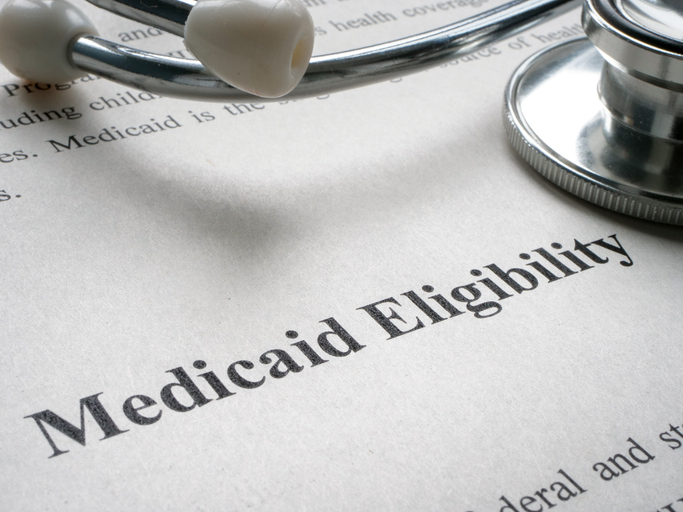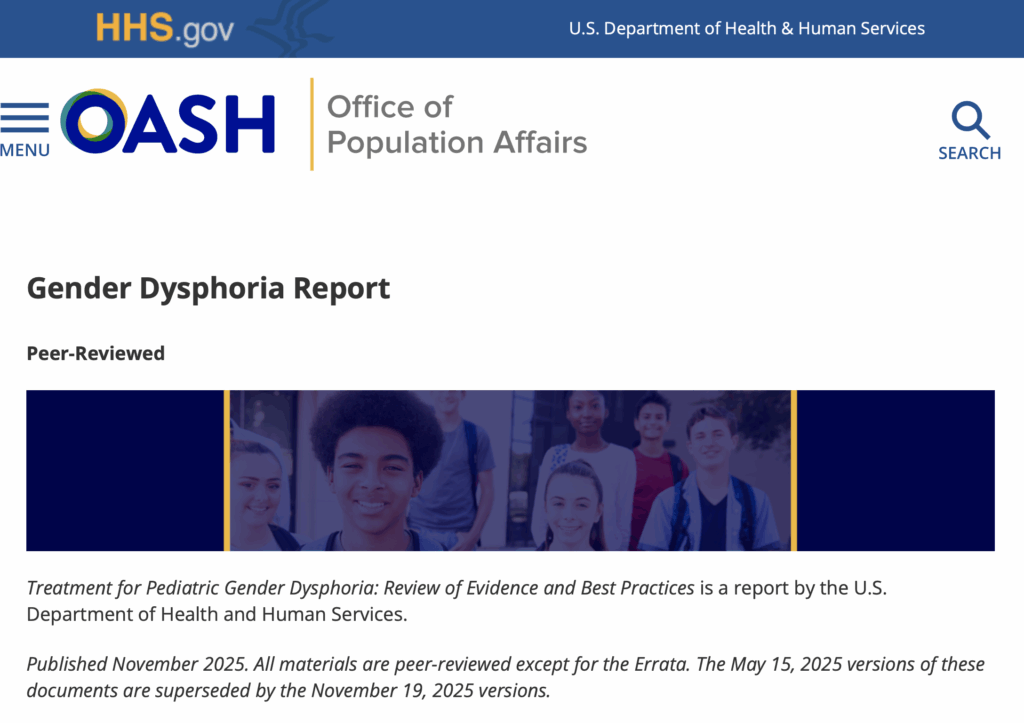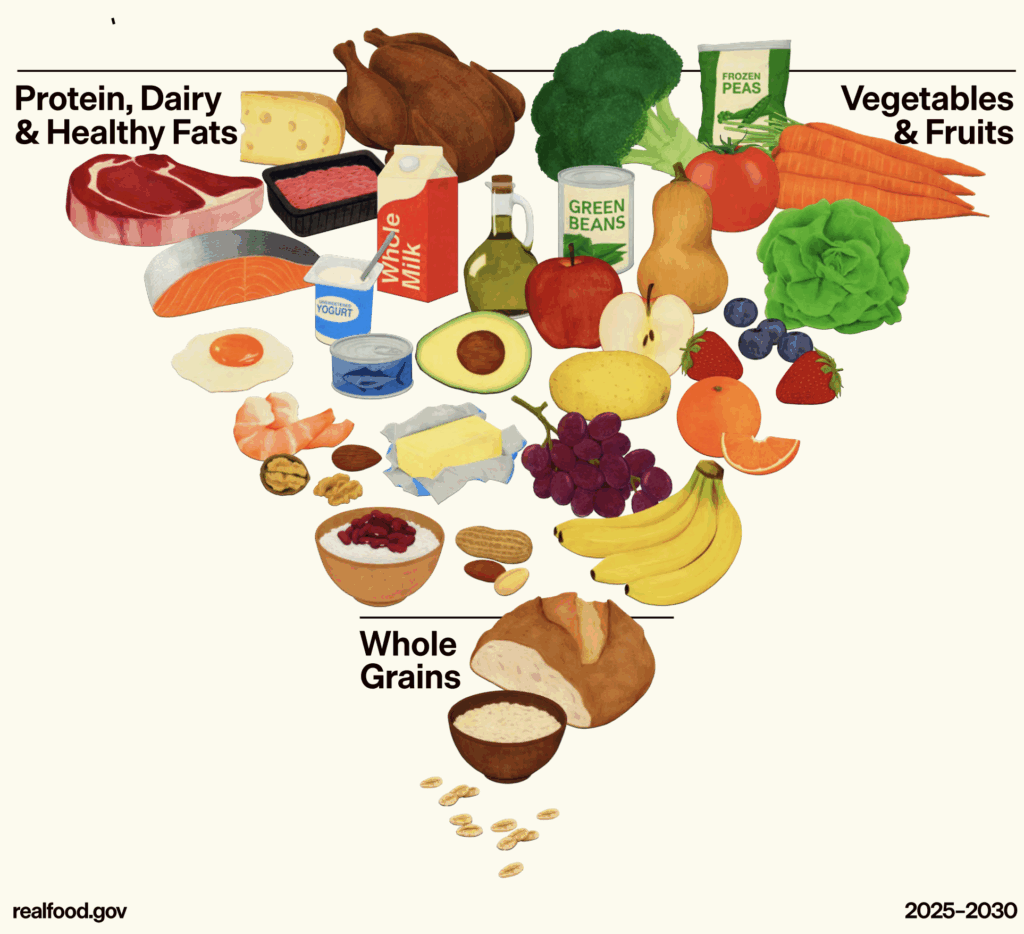The public reaction to the fatal shooting of health insurer UnitedHealthcare CEO Brian Thompson has been nothing short of shocking. A post on X wishing that the killer would never be caught racked up 95,000 likes.
UnitedHealthcare’s own bereavement message online was cruelly mocked by 77,000 laughing responses.
What causes that kind of reaction? Before delving into what’s wrong with the American system of health insurance, let’s not overlook what’s right with it.
Survey Says: Satisfaction
Despite a popular misconception, more than two-thirds of Americans rate their health insurance as “good” or “excellent,” a KFF (Kaiser Family Foundation) survey found. That holds for all kinds of insurance: employer plans, Obamacare marketplace plans, Medicare, and even Medicaid.
Even among people who say they are not in good health (and who, presumably, need medical care), a substantial majority give positive ratings to their health plans.
The KFF survey’s other two descriptive options for health insurance are “fair” and “poor.” Only a tiny percent of the public gives their health insurance the bottom rank of “poor.” That includes only 5 percent of people with health problems.
Even so, many of those in the “tiny percent” apparently have extraordinarily strong feelings about the matter, as we learned from the murder of Brian Thompson. Why is that?
Meeting Needs
In general, people view health insurance as being different from other types of insurance, and that perception is accurate. You can see evidence of that difference by merely looking at television and print ads.
In a free market, all sellers of goods and services know that the key to making a sale is to convince potential customers you can meet their needs. In fact, meeting a buyer’s needs is usually a more important selling point than the price.
Casualty insurers, for example, sell their products by emphasizing the risks of bad things happening and assuring potential customers that their insurance is ideal protection. Allstate, for example, virtually owns the phrase “You’re in good hands.”
Different Rules
In a free market, you make money by finding people who have problems and meeting their needs. In that sense, the casualty insurance market is just like any other market.
By contrast, when is the last time you saw a health insurance ad that says you will be “in good hands” if you get cancer or heart disease, or if you need a hip or knee replacement? I bet you haven’t.
There is a reason for that. Under federal law, health insurers are not allowed to make a profit by meeting the needs of people with medical problems. In fact, they are required to charge the same premium to otherwise similar enrollees, regardless of their medical problems.
Horrible Incentives
With one exception described below, no insurer in our health care system wants a sick person. No employer. No commercial insurer in the marketplace. No Medicaid managed care plan. And no safety net institution.
Every time someone with an expensive medical problem enters one of these plans, the organization loses money. If the patient leaves the plan (for whatever reason), the plan makes money. If the plan develops a reputation for being really good at handling serious medical problems, it will attract more sick people and incur more losses.
Given the horrible economic incentives that government regulation has created, the surprise is not that some patients experience mistreatment. The surprise is how few there are.
A Better Way
How could things be different? They already are, in the Medicare Advantage (MA) program.
More than half of Medicare enrollees are now in private health insurance plans. Like everyone else in the country, they pay community-rated premiums that are independent of their health status. But unlike everyone else, their premiums are topped up by Medicare, based on individual risk assessments.
As a result, the total premium that the plans receive makes the healthy and the sick equally attractive from a financial point of view.
It gets better. Medicare Advantage is the only place in our health care system where a doctor who discovers a change in a patient’s health status can send that information to an insurer (in this case Medicare) and receive a higher payment—reflecting the new expected costs of care.
Accordingly, MA plans have financial incentives to discover patients’ problems early and solve them. These plans make money by getting patients the care they need and keeping them away from the emergency room and out of the hospital.
And, unique in our health care system are MA plans that specialize in chronic conditions such as diabetes, heart disease, cancer, etc. Unbelievably, MA plans seek to enroll patients that conventional health insurance would like to avoid.
Positive Influence
MA costs less than traditional Medicare and is of higher quality. As good as that system is, it could be better. For example, United Healthcare is said to deny about one-third of its claims. But there are MA plans in Houston that have denial rates as low as 3 percent.
There are often good reasons to deny a claim. But how many are successfully appealed and how long does it take to adjudicate them? Insurance companies should be free to advertise these facts and compete on how well they take care of their enrollees after they get sick.
Then, we should explore ways of making individualized risk adjustment available to the rest of the health care system. Economist John Cochrane believes that would happen naturally in a free market for health insurance. Maybe it’s time to give that idea a try.
John C. Goodman, Ph.D., ([email protected]) is co-publisher of Health Care News and president and founder of the Goodman Institute for Public Policy Research. A version of this article was published by goodmaninstitute.org. Reprinted with permission.
For related articles, click here.



